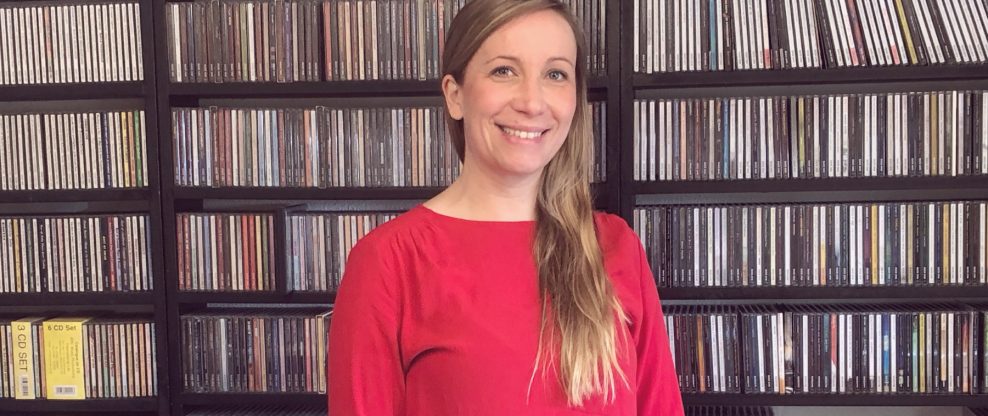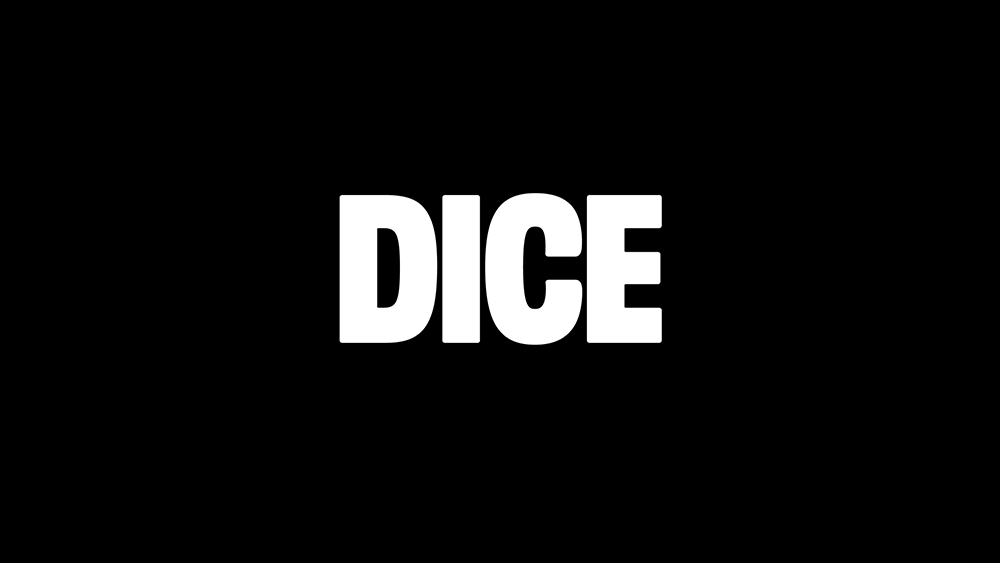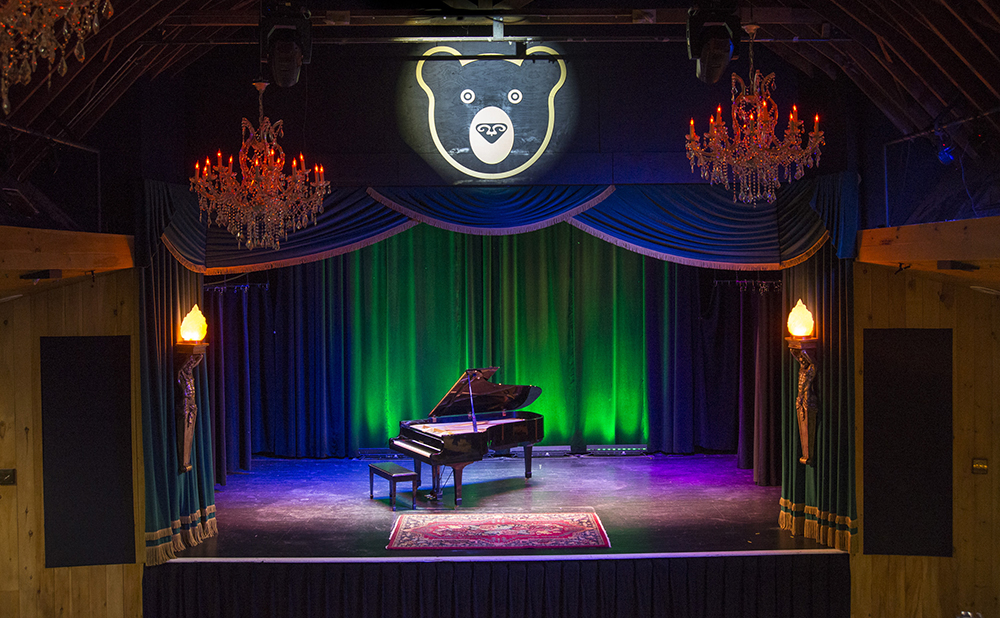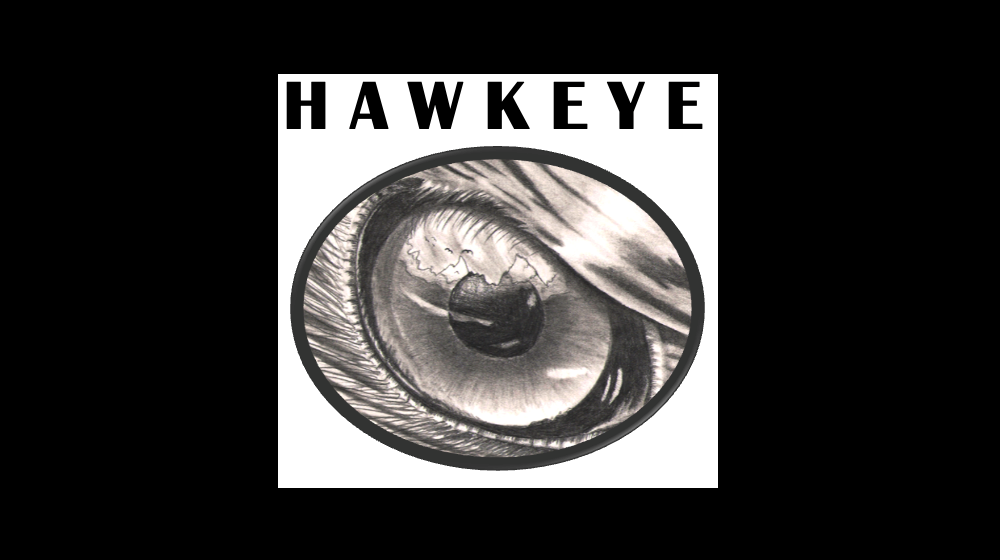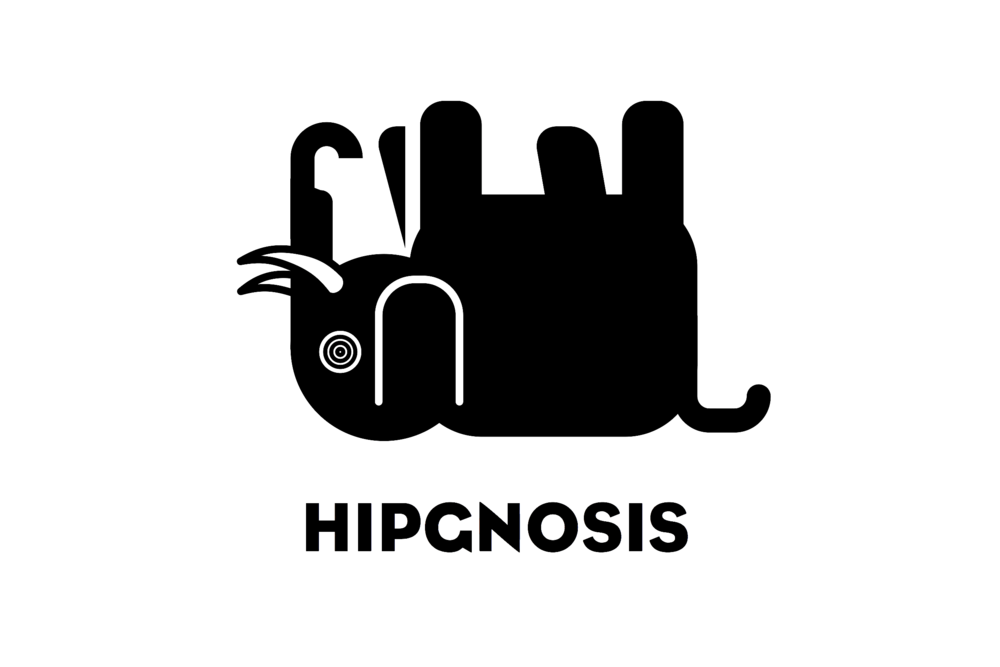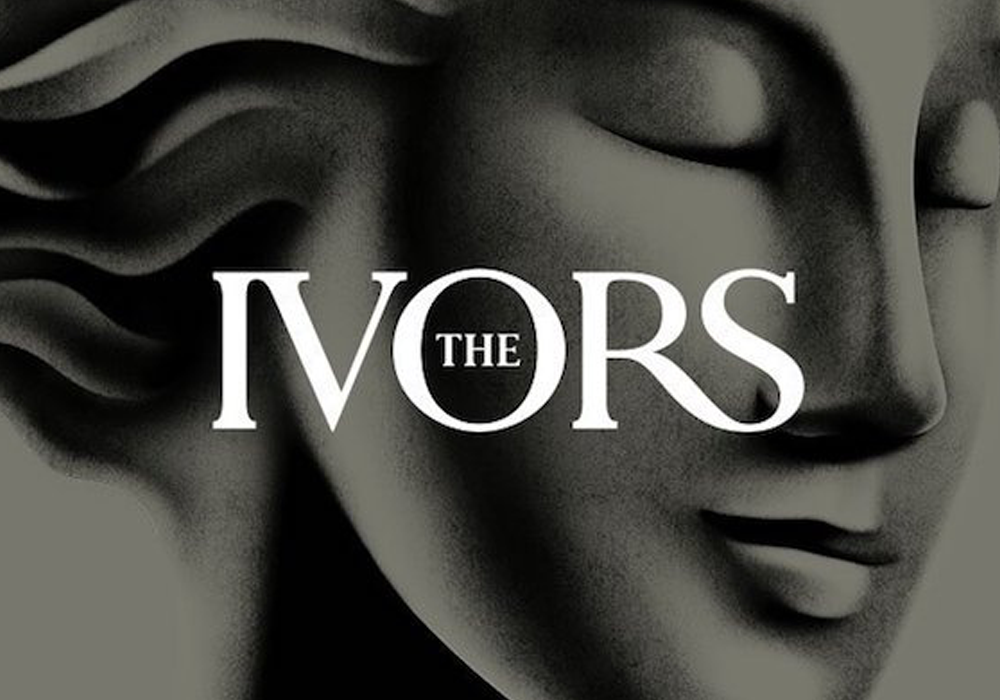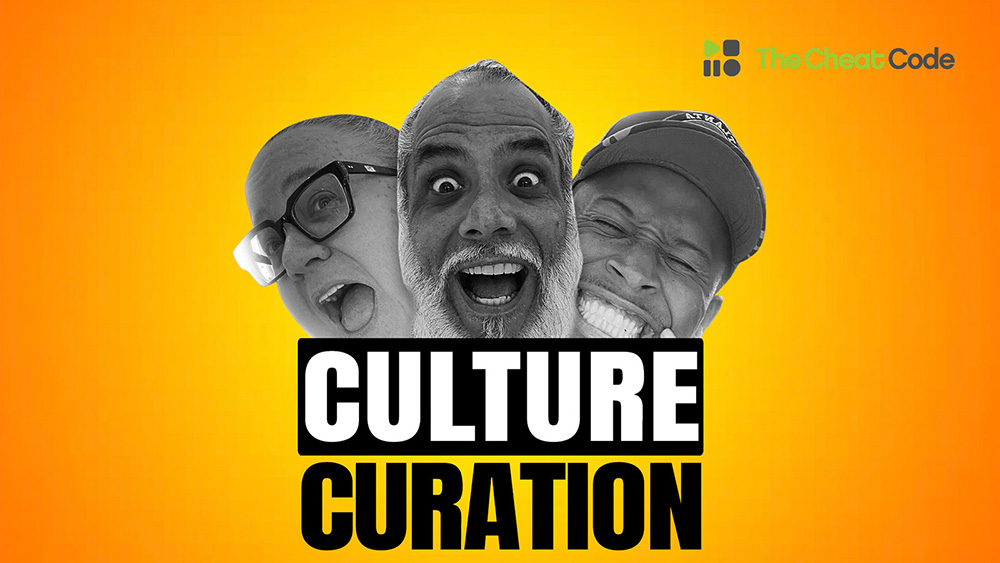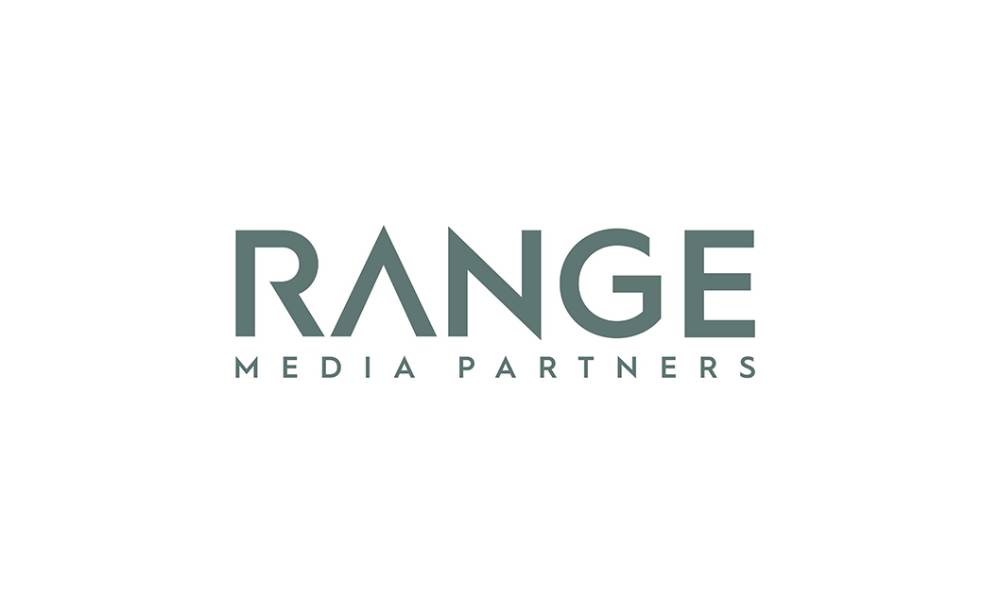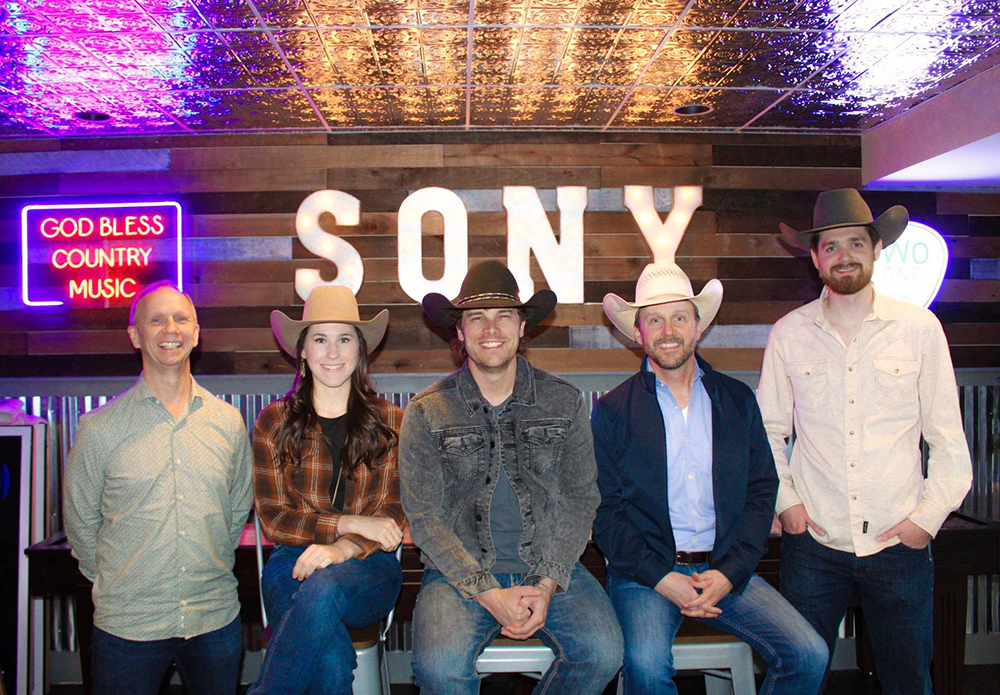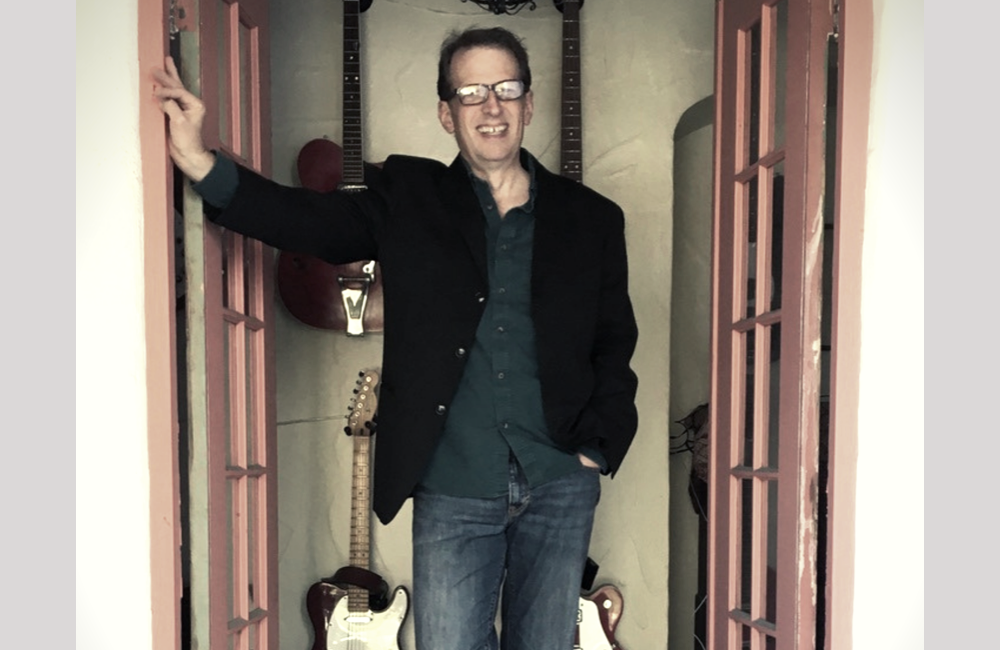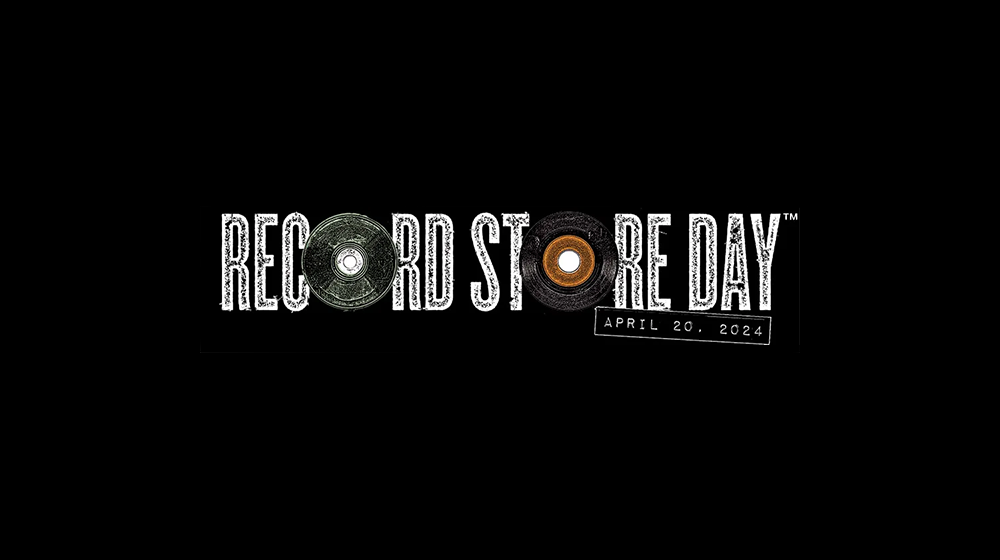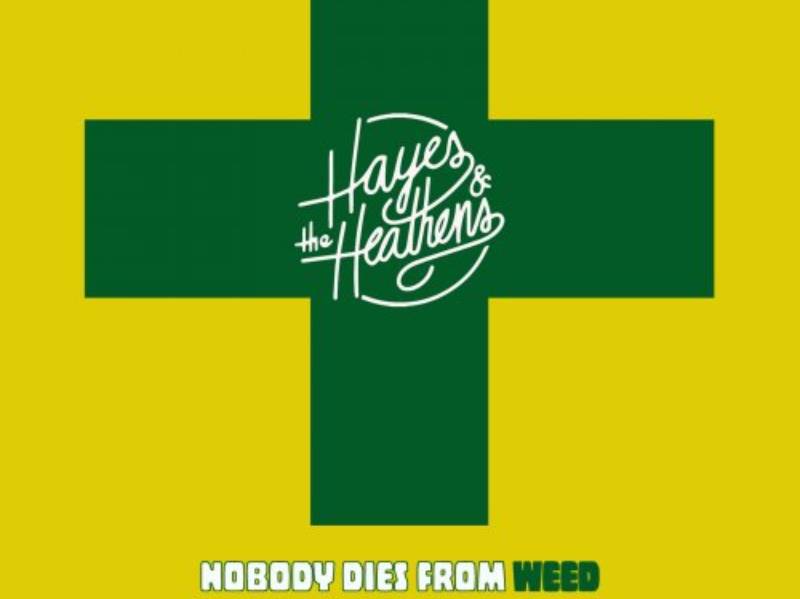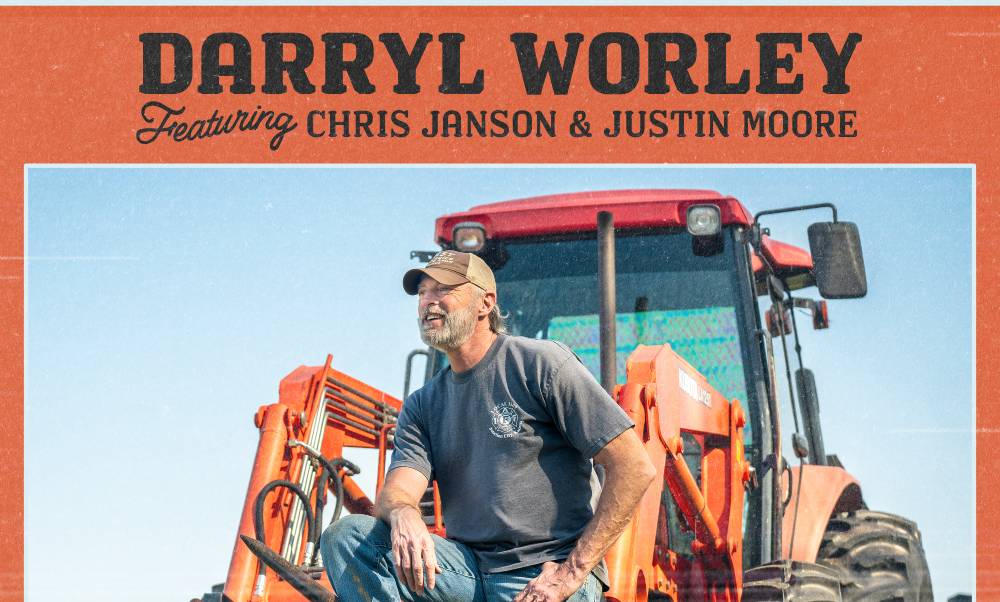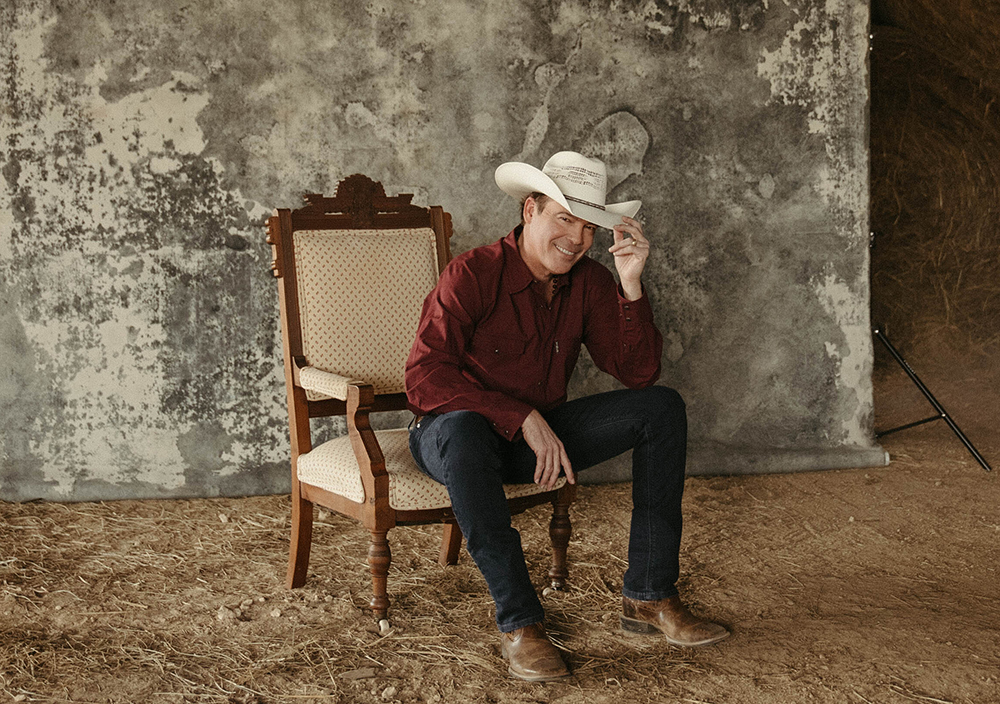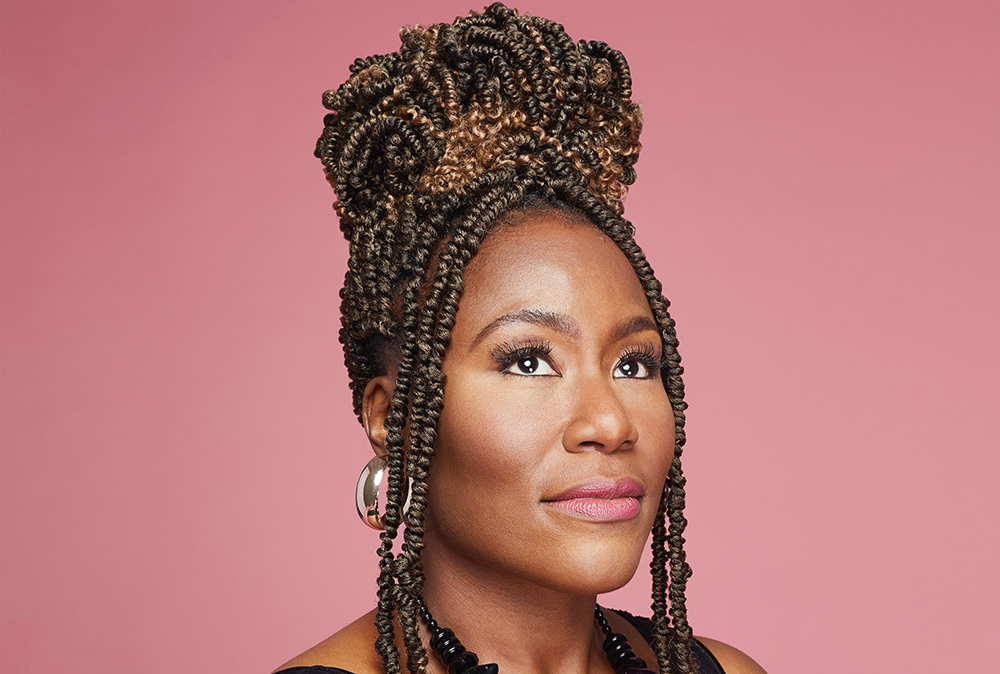This week In the Hot Seat with Larry LeBlanc: Julia Beyer, executive dir., ARC Music Productions International, & Pixie Pace Records.
How many people land a job which entails overseeing A&R, production, marketing, music publishing, sync licensing, and sales at a recording and music publishing firm with an unmatched global footprint?
With a staff of 8, Julia Beyer quarterbacks ARC Music Productions International, based in East Grinstead, West Sussex, England, established in 1976 by her father Horst Tubbesing.
The company’s catalog offers the single largest selection of traditional, world, folk, and contemporary ethnic music available today from over 120 countries and cultures.
ARC’s mandate is precise: ‘To preserve the ethnic music of different world cultures, and to spread traditional and original music with a positive message.”
In the early 1960s, the American ethnomusicologist Robert Brown coined the term “world music” to describe the music of artists he was working with from Asia, Africa, and Indonesia. During the 1980s the term became popular as a way of cataloging, and marketing non-Western traditional and indigenous music.
As the sourcing of music by listeners through social media platforms grew in recent years, the result has been a shift in how music is being consumed, and a new generation of music enthusiasts have come to discover niché-based companies like ARC with its range of music from across the globe.
This sourcing shift also brought about changes at ARC as well.
In 2014, ARC launched Pixie Pace Records, a sub-label working with contemporary folk artists and singer/songwriters who have mainstream appeal, yet are still firmly rooted in the folk or world tradition.
In 2017, In co-operation with Theatr Mwldan in Cardigan, Wales, ARC launched the bendigedig label, a 360 degree model label based on an equal investment and equal share principle for artist/ARC and Mwldan.
At the end of 2018, ARC was acquired by Naxos Rights Europe. The Naxos Music Group had been distributing ARC digitally worldwide, and physically in certain key markets for several years.
Where is ARC located in England?
We are in West Sussex in a converted barn in the countryside, about 20 minutes from Gatwick (Airport).
How many albums in the catalog?
It is about 800 now.
Do you keep everything available?
Not everything, but we try to keep available as much as possible. With some of the recordings, we will do reissues to give them a new life.
Also to extend the copyrights?
To extend the copyrights, but also to up the quality of the masters because obviously masters can wear after a while. Yeah, so it’s about 800 (albums) now.
Given the largely non-commercial nature of ARC’s catalog, how have you stayed in business over the years?
A very good question.
After 42 years as an independent label, ARC was acquired by Naxos Rights Europe at the end of 2018. How did the purchase come about?
It was one of the hardest decisions I’ve had to make in my entire life; along with my father obviously too. We were in tight communication about the whole thing. It sort of had been in the cards for a while. Up to this point, I simply was not ready, and I wasn’t even able to confront the thing (selling). But we have been working with Naxos as our U.S. distributor for many, many years.
(Naxos operates the only dedicated world music subscription streaming platform, Naxos Music Library/World, which offers access to more than 12,000 albums through a dedicated search engine.)
Klaus Heymann, CEO of Naxos Music Group is an amazing figure in contemporary music.
Yes. We have had a very good relationship with Klaus. I am a huge fan. I had been in discussions with him, and we met a few times. I could see that he has this immense passion for world music. So whenever I began to think about the future, and what was going to happen, there was only one option, and that was to join Naxos because he is the only person that I would entrust this very special family business here.
Still, it’s an acquisition.
Yes, Naxos has acquired ARC as a label, but the company is still intact as a company. The staff stayed on. Nothing has really changed except the fact that the ownership has changed.
At the same time, the sale must be viewed as an acknowledgment that the core business of selling music had also changed dramatically over the past 5 years. With traditional, world, folk, and contemporary ethnic music, you have always had to carefully budget, and estimate how many units can be sold. As a result, keeping ARC independent may have been tough in the current business environment.
Yeah, and if you are going to make a change, it is important to make a change at the right time. The most important thing for me and the most important thing for my father was that the label would continue. That it wasn’t just a matter of, “Oh we are selling the rights off,” because we would never ever do just that. I’d rather go down with the ship. We would never just sell off the catalog rights without ensuring that the label itself would live on and continue, and that the artists would continue to be looked after.
This is one of the most difficult climates for music we’ve seen as an industry. At least with universal music retail, a company like ARC had retail space, however limited. Recently, in the UK, there was the closing of the HMV store in Oxford Street in London–along with 27 stores with 455 job losses–due to high rental value, and business rates. So that option of music being available on the High Street isn’t as readily there anymore.
Yeah, but we love fighting. We love it.
Are you fighting Spotify like everybody else?
(Laughing) Oh, don’t go there. I call it an interesting time. I try to be a very positive person, and I think that’s partially why we are still here. We have kept going. We have had to be obviously very careful, and pull back on financial expenditures, and investments and things like that. But we are still selling CDs. It is still our main income stream believe it or not.
Physical remains the main part of your business, still?
Still the main part of the business. We find, especially in world music–pop is so much different—but, in world music, the audience is slightly older, and we find that they do like to have that physical product.
We really try to make our product special, and we have a reputation of having high-quality CDs, and expansive liner notes and things like that.
I think people like to have a tangible product in their hands and, if the artist is touring which is essential, then there’s the merch sales. People love to buy CDs at concerts. I know that I do.
Traditional, world, folk, and contemporary ethnic musics are arguably underrepresented in the music streaming sector. Do you have much of the catalog on Spotify?
Yeah our catalog is on Spotify. While I don’t necessarily agree (with payment fees) I don’t think that it makes sense not to because there are opportunities with playlisting and things like that.
The streaming services do provide a footprint presence. Fifty years ago, artists and labels sought out radio airplay, not always caring if they were paid or not. They mostly wanted exposure. The more an artist was played on radio the more people knew about them. You still need to have a footprint in the marketplace. And these services do have an incredible reach.
Yeah, ultimately we say to the artists, “Look we know that it’s not ideal. You are getting a pittance, and we are getting a pittance. (But) you are out there.” Some of our artists have gotten on some great playlists. It’s good exposure for them. Essentially, it is like promotion.
During the 1980s, John Peel and Andy Kershaw on BBC Radio 1 championed world music playing the Bhundu Boys, the Kilimambogo Brothers, and Ali Farka Touré. Over the years I have heard recordings by such Zimbabwean musicians as Oliver Mtukudzi, Thomas Mapfumo, and Victor Kunonga; and recordings by South African musicians Ladysmith Black Mambazo, Mahlathini and the Mahotella Queens, Letta Mbulu, Juluka, Lucky Dube, and Stimela on BBC. The BBC still has specialty shows for world music, including “Global Beats” heard on the BBC World Service. Any other broadcasting outlets in the UK?
(BBC) Radio 3 still does world (music) radio—“Music Planet,” and “World On 3” and the world labels get supported a lot by them. Then individual DJs have their own music shows throughout the world. DJ Ritu in London, she has a great show called “A World in London.”
Also happening now is that many other music companies, including Universal Music Group, RCA, and Warner Music Group, as well as numerous cultural organizations, and independent ethnographers are aggressively pursuing similar goals with non-Western music.
Well, it’s tricky. It’s been a difficult time for us. I’m not going to sit here and pretend that it’s easy. It’s not. But the point is that if you work hard, if you are ethical as a company, if you don’t spend too much, and if you invest in the right things at the right time, and you look after your clientele—and our office (staff) are our babies—you do establish a sense of permanency. The staff here are incredibly passionate and dedicated and they work really hard. We don’t really have staff turnover. It doesn’t exist here.
What does ARC consist of?
The label itself we are 8 staff. Five full time, three part-time. We still have our own CD warehouse, believe it or not, managed by one single man who is very efficient. We have the ARC catalog which is our traditional ethnic world music catalog. It also extends into fusion, but it’s world (music) essentially. Then we have Pixie Pace Records which I started out of the blue one day because I was working on a (two-CD) compilation project “The Ultimate Guide To Irish Folk” (curated) with journalist John O’Regan. He sent me a CD of the Young Folk, a young Irish band who are essentially not world music; they are more commercial. I guess you could say that. They still had the folk element, but there was definitely something more mainstream about their style. They had this album called “The Little Battle” (2014) (which later went straight into # 2 in the Dutch charts, and Top 10 in the Irish chart), and I was completely blown away by it. I said, “I want to do something with this band.” Then I had to kind of justify to myself how I could release this on ARC, and I said, “I’m not going to release it on ARC because it doesn’t fit. I am going to create an imprint label for this band.” So that’s what I did.
(Formed in Dublin in 2010, the Young Folk have performed throughout Ireland as well as in Holland, the UK, France, Germany, Scandinavia, the United States, and Australia. The group has toured as a support act for Imelda May, the Waterboys, Midlake, and Lisa Hannigan. Frontman Anthony Furey is the son of George Furey, of the famed Furey Brothers. Keyboardist Paul Butler is a descendent of Dublin’s famous theatrical Bourke family, and his great-great uncle is Peadar Kearney, co-writer of “The Soldier’s Song” (aka “Amhrán na bhFiann”), Ireland’s national anthem.)
How many other artists on Pixie Pace Records?
Just the Young Folk we have released albums with. The other artists we represent for sync licensing or publishing.
Any thought of a 360-styled deal with Young Folk that would also include management?
I wouldn’t say 360 with this band. I would call it mothering. They had a manager. They no longer have a manager. Now it is just them. I’m going to be a mother of three for God’s sake so I can’t. I would have liked to have said, “Yes, I’m going to manage you.” So, for now, I call it mothering. I do speak to them, and I try to help as much as I can. That’s what I do.
How many artists are on the bendigedig label?
Just a select few. Gwyneth Glyn, Seckou Keita, Catrin Finch, and Seckou Keita, and the AKA Trio.
Many of ARC’s releases are compilations you’ve put together, but with the artist recordings, say with Tri Nguyen’s “The Art of the Vietnamese Zither,” that’s a case of ARC picking up a master?
Yes. Back in the early days, my father and my mother used to do mainly production contracts. So recordings. Funding recordings. Then the company would own the master, and release it. When the “crash” (the downturn in the recording industry), or the whatever you want to call it started to occur, it became increasingly difficult for us to fund productions. We had always done half and half. Some productions, some licensing, but we had to do more licensing for quite some time because we just didn’t have the funds to do productions. So we would license finished masters from artists, or sometimes from labels in remote countries or whatever, and then compile from them to get that music.
In releasing an album worldwide, besides acquiring rights to the master from the artist or a production company or label, you do try to be involved with the music publishing side as well?
Sure. We do music publishing, and we are very active in sync. We always try to offer the publishing (administration services) to artists and, if they are able to do it, we do it for them.
What is the length of your contracts?
Our standard license is 5 years. Then renewals are on mutual agreement.
What mostly struck me most about ARC is the quality, scope, and diversity of its catalog. Right now, I can’t get enough of Tri Nguyen’s incredible Vietnamese zither album.
It’s a beautiful album.
You must get excited on first listening to some of these releases.
I do. I love them. As you said, there’s so much diversity in it (the catalog). It is so fascinating to me that there is so much music out there. And the music is out there. You just have to look for it. I think because of the reputation that we have—this is our 43rd year now—artists tend to migrate toward us with music or we get recommendations through DJs or other artists. “Have you heard this or that?” Our reach out on Facebook which is a great way to do A&R. Reach out on Facebook and say, “I need music” or “I am looking for good traditional artists from Vietnam” and you will get people popping up. That’s how I discovered Tri Nguyen. He was recommended to me through Facebook.
For decades world or worldbeat releases were largely erratic in quality. Some high quality; many not. What particularly struck me about the ARC releases is that the mastering is exceptional. Diz Heller handles all of the company’s mastering?
Diz Heller is not a mastering engineer, he is our art director, but he does all of our QCs, our quality control. He will even take a finished master, and he will listen, and say, “Ahhh, no I don’t like the way that ends.” He will adjust slightly here and there. He’s just a genius. I call him “The Oracle.” He’s been here over 25 years.
You haven’t been schooled as an ethnomusicologist, nevertheless, you are one of the few people in the world with a combination of business skills and artistic temperament to head ARC.
To be completely honest with you, there are people at this business who know a lot more than I do. For example, Diz studied music (in Graz, Austria). I didn’t, but I grew up with music. When I was a little kid, as a toddler, I insisted on going to gigs with my father. There was no way that my dad was going to keep me at home with a babysitter. I grew up listening to Miriam Makeba and danced to native powwow (music) around the living room with my father. He was very playful, and he really got me involved with the music from an early age.
I can’t imagine what your home was like. Was your father Horst a pack rat with recordings all over the house?
I know it’s funny but my dad was kind of the opposite. The house was filled with LPs and later CDs, but it was mum (Karin) who was the pack rat. She loved traveling. She had this great passion for Ireland, and for Scotland. We were fortunate enough to travel a lot to different countries in Europe and she collected so many different books and items from different countries. So we had a household of memorabilia and books. My mum was a great avid reader. So we had a lot of books.
When did your father retire?
(Laughing) That’s a very good question. It was kind of gradual because he was very much involved, at least while I was growing up; to me it seemed like he was always involved, but I think that when ARC Music moved to the UK which was in 1988 my mum Karin was then basically the A&R director—we call it the art director—she was dealing with all of the artists, doing all of the A&R, the release plans. She was also heavily involved in the decision process.
Your father is still alive?
Yeah, my dad is still alive. Very much alive and kicking.
Your mum passed away?
Yes, she passed away unfortunately in 2011. She had cancer. Actually, one of the main reasons why I am here today is because she….yeah, I took over from her. It’s a bit of a sad story, but it explains why I am here now. I was working in London as a PA for a property developer. Not involved in music for some time after leaving school, traveling, and doing some charity work. I got a call one day from my dad saying, “You need to come and see us.” So I went to see them, and they informed me that my mum had been diagnosed with cancer and had to go in for treatment. My dad said, “Look we need someone to fill in for your mum while she’s undergoing this treatment.” It was very important to him that she could get intensive treatment. I didn’t even question it. I said, “Of course. Let me know what you need.” My parents had done so much for me my entire life.
What age were you when this happened?
I was in my 20s. My husband and I had just set up shop in London. I’ve been married for a long time.
Any other siblings?
I have one sister. She’s five years younger.
You were born in Germany?
Yes, I was born in Hamburg.
How old were you when your family came to England?
I think I had just turned 9.
Where did you grow up in England?
In the south-east.
Did you go to university?
I didn’t. I went to a local private school here. I left school when I was 16. I left school to become a dancer. I was training in classical ballet, modern and jazz. Then I got bored and fed up with it all.
A dancer’s discipline is crazy.
It is crazy. I didn’t quite have the technical turn out to be a ballet dancer.
Your voice sounds clearly English cultured.
(Laughing) That’s must be my husband’s fault. My husband was born in South Africa. He’s German by passport like me. He has a French mother and a German father. He doesn’t speak German or French. He speaks Afrikaans a little bit.
Outside of the projects your father and mother were working with what music did you enjoy growing up?
It’s quite interesting. As I said when I was very young I had a lot of world music around me all of the time. Some of the bands I was into I am not going to mention because it’s like blackmail material.
C’mon, give them up.
I was a Bon Jovi fan. I’m quite an alternative girl loved Muse. I love the Foo Fighters. I was into Blink-182 at one point. Def Leppard. Classic rock stuff.
Does your father still occasionally look over your shoulder to smile in approval or tut-tut?
Now that we have been acquired by Naxos it’s a bit of a different game; but up until recently, he has always been there for me. We’ve always had an annual or bi-annual get together where he will check to make sure that I am doing okay. Check to make sure that I wasn’t spending all of his money. I still wouldn’t be here if it wasn’t for him or my mother. They taught me so much. I have learned a lot from them and, at the same time, they both allowed me to create, and make it (the company) my own which I’ve really appreciated. Keeping me in line, but letting me play. That’s sort of been our game, and it’s worked really well.
How many records do you release annually?
Anywhere between 60 and 80, I would say. As I said, there are some reissues. We do compiling also. Then we always have new genre-based releases, and we tend to have four or five priority type releases with a priority campaign, and things like that. These are more releases that have an artist focus. Then we will have music from this or that country, or this particular genre or something like that. For me, it’s been important to keep a game going. I think that when you are working in world, the great thing is that it is quite limitless. Diz and I talk about A&R and masters, and we want to get music from every country. So we kind go through the list. “Where haven’t we been yet? What haven’t we covered yet?”
What is currently on your plate?
Okay, so Olcay Bayır’s “Rüya (Dream)” has just been released. Mary Ann Kennedy is coming up at the end of April (with “Glashu – Home Town Love Song for Glasgow”). Then we have our next bendigedig label release “Joy,” the debut of the AKA Trio which is Antonio Forcione on guitar, Adriano Adewale percussion, and Seckou Keita on kora. Absolutely an amazing trio. That is coming out in May. Then in June, we have the “Ongtupqa – Sacred Music of the Hopi Tribe” (Music and Cultural Connections to Grand Canyon), featuring flute player Gary Stroutson, ethnomusicologist Matthew Nelson and Hopi musician, Clark Tenakhongva; and also “Times of Maharajas” by the Dhoad Gypsies of Rajasthan.
I can’t imagine what your staff goes through dealing with music from over 120 countries. With so many different languages, different copyright laws, and dealing with a multitude of performing rights organizations.
Yeah, it’s phenomenal but, as I said, there’s 8 of us here, and sometimes I feel like we do the work of 40 people. I used to have 30 staff at one point. We used to have our own distribution company. Things have changed quite a bit, but we still manage. We are still here.
In dealing with music from over 120 countries how do you work through the languages for contracts and correspondence? Do you use translators?
We have had in the past. Luckily a lot of these artists, fortunately, speak English, but with remote bands from Russia in a few cases, we have had to get translators to translate the contracts, and the agreements.
Just to explain what it is that ARC will be doing?
Yeah. Also, it is very important to us. One of the key principals for us is that we are open and honest with the artists. For that reason, we have always had very simple agreements. We don’t have these 20-page agreements where the artist is completely overwhelmed.
Having a basic or simple contract when dealing with people in so many countries makes sense.
I think that it is so important. You know the music we release is about the style of artists, and that the music we release is the artist’s creation; it’s their work of art, and that is who we are essentially working for. Yes, we are a business, but this label was started because of a love for music. I think essentially that is the reason why it has grown, and it still exists. It is because of that. Nothing else. For my father and my mother, it was always important to have really tight and good relationships with the artists to let them know, “This is exactly what you are getting.” No pretense. “It is either going to work for you or it’s not.” If it’s not, it’s better for them to say “no” than to try to push something on the artist or try to please by promising something that is not going to happen. A lot of the reason why I think artists come to us, and why they come back to us, is because of that reasoning. They know what they are going to get.
ARC has a significant sync licensing history. Do you have someone in Los Angeles working with film, TV and gaming contacts?
No. We have one person here, Caren Entwistle (head of licensing) and she does sync licensing. She’s been here over 10 years. Previously, it was her stepdad who was doing the sync licensing. Over the years we have just built up contacts. Many years ago we did a trip to Los Angeles as part of the BPI (British Phonographic Industry initiative). That is kind of how it started
ARC has also done well with track placements in commercials including with Uber, Nike, Budweiser, and in such games as “Jurassic World Evolution,” “Civilization V,” “The Secret World,” “Disney Appmates,” and “Counter-Strike.”
We do annual trips to the U.S. to meet with music supervisors and film companies and TV companies. We reach out. We do a lot of reaching out just making our name known. Over the years we’ve have built up a reputation as sort of the come to label for traditional world. So people know if they need that piece of ethnic Turkish music with a particular theme they know to come to ARC Music.
How cool to be in a theatre hearing your music in such films as “Indiana Jones and the Kingdom of the Crystal Skull,” ”Casino Royale,” “Skyfall,” “Silence,” “Munich,” “The 40 Year Old Virgin,” “The Prince of Persia: The Sands of Time,” and others.
It is very cool. When we get a big placement in a movie we will all go to the cinema and we will be the last people in the cinema waiting for the credits to roll and the music (credits) to come up. Then we will cheer. The cinema staff look at us like, “Oh my God who are these guys?”
Film, TV, and games’ music supervisors seek to bundle all music rights within a one-stop service. They are wary of chasing down others for parts of the master or publishing rights. You really do have to own or control all rights, don’t you?
Yeah, it’s not always required but they do like it that way. We have done ads and TV placements where we have cleared master only or the publishing is in the public domain so it’s not an issue. About 50% of our catalog we can one-stop. We try to pitch one-stop. If there’s any uncertainty, we don’t pitch. We try to help where we can to find out who is the publisher if we don’t own the publishing or if we can’t one-stop it to help out as much as possible.
Even a song marked as being in the public domain has to be checked. So often people have claimed public domain with an arrangement or with a song generally assumed to be in the public domain or be traditional and it isn’t. Have you had to do a deep forensic dive to research if a song is truly in the public domain or is traditional or not?
We have had to do that in the past. It depends on what country it is. There are different rules about what point a song goes into the public domain. So we have had to do research to find out if it really in the public domain. Yes, we have had some interesting times clearing.
Over the past two decades, most labels have scrapped pricey booklets and expansive artwork for CD releases, particularly in North America. At the same time, unlike the film industry, the Americans in particular, largely haven’t been imaginative in releasing catalog. Few duo paks of an artist’s top LPs as a single two or three-CD release or coupling with albums by other acts. There may be contract restrictions about that type of thing, but the Brits have been doing that.
Meanwhile, ARC has released numerous highly original bundles as well as a 40th-anniversary vinyl series, and several top-notch compilation series like the “Discover Music Series,” and “Ultimate Guide,” each spotlighting different countries, cultures, and music genres.
We kind of went about it a bit backward. I decided one day, there’s these famous Rough Guides, and I thought, “I want to do an ‘Ultimate Guide.’ I don’t want something mediocre or something simple. I want to do something ultimate. Like a challenge.” So I had this idea to do a really expansive compilation that kind of covers everything, new and old, famous and unknown; a complete variety of music from a certain culture or country or genre. We have a very good relationship with the Spanish Mundofonías radio station (Mundofonias Radio Nacional de Espana’s Juan Antonio Vázquez, and Araceli Tzigane). We are good friends with them. I approached them and said, “How about we do an ultimate guide to Spanish folk music? Just something random.” They were like, “Yeah, let’s do it.”
This was “The Ultimate Guide to Spanish Folk,” the first in the “Ultimate” series released in 2013. The songs on it represented all the Spanish regions and provinces including Sephardic music. The booklet provided a history of Spanish folk music, and extensive info about the artists and each of the songs in English, German and Spanish.
Yes, that was the first one that we launched. It was amazing. It was such a learning experience for me as well because it was looking into the different types of Spanish folk music. The more contemporary, the real traditional ethnic, you know like the well known Spanish performer Mercedes Peón, and unknowns. So we put this CD compilation together, and I asked Mundofonías to write the liner notes. We released that, and it was quite successful.
Successful enough to be encouraged to release further “Ultimate Guides.” How many albums in the series now?
Five now. We did an “Ultimate Guide To Irish Folk.” We did English folk, Welsh folk, and Scottish folk. For each one, I asked an expert in the field to help me compile (music), and write the liner notes. It just became this really fun project.
You also have the “Discover” series.
Then for the last of the “Ultimate Guides,” we thought, “Well let’s do a ‘Discover’ series for people who don’t know about world music. They are just finding out. They want to find out about music from a certain country or something like that. Sort of the neophytes you know? New people. So we did a “Discover” series which covers different genres, and countries. It is sort of like a basic introduction to music from those regions, and cultures.
More recently you compiled, “A Woman’s World–Songs of Resilience and Hope” featuring Colombian songwriter Marta Gomez; Czech composer, singer, actress, and political activist Lenka Lichtenberg; Portuguese fadista Maria Ana Bobone; and Kiran Ahluwalia Kiran, a modern exponent of the vocal traditions of India and Pakistan. Most certainly a provocative and timely undertaking. Fun to do?
It was fun. I come out with all of these crazy ideas. I’m the crazy person here, and all of my staff are the ones that rein me in. I can’t remember exactly what inspired me to do it, but I think it was perhaps something that had just occurred, like (International) Women’s Day or something. I just felt, “Why not do this?” I just wanted to do songs that were really heartfelt from women to support women. I find it very easy to compile. I have a unique way of compiling. There isn’t some magic formula for me I don’t think. I don’t think there is a magic formula. I just think that it really just gets down to gut feeling, what’s in the heart, and making sure that the compilation carries the listener all of the way through from the beginning to the end.
Amidst a dysfunctional global order, including Brexit in the air in the UK; conflicts involving North Korea, Israel and Gaza, India and Pakistan, and Venezuela; coupled with the increasing polarization of America, it is understandable that many people today have a bleak view of modern life. Music is one of the few safe harbors against rising insecurity and disorder.
Music is so important in this culture, especially today. It always has been. Music equals understanding. Despite people being at war or despite countries being at war or religions or whatever is going on, when people play music there is an understanding. You can say things through music that you might feel otherwise that you might not be able to say or to communicate. I think it’s just a very important way of saying things to people and providing awareness.
Music is also a healer.
Absolutely. Absolutely.
Do you yourself have a succession plan? Any chance of passing management of ARC onto your two children?
I don’t know. There’s quite a bit of competition. My husband is a pilot. He’s training to be a commercial pilot. My sons are now talking about becoming pilots. I don’t know if I have a chance to get in there.
Larry LeBlanc is widely recognized as one of the leading music industry journalists in the world. Before joining CelebrityAccess in 2008 as senior editor, he was the Canadian bureau chief of Billboard from 1991-2007 and Canadian editor of Record World from 1970-80. He was also a co-founder of the late Canadian music trade, The Record.
He has been quoted on music industry issues in hundreds of publications including Time, Forbes, and the London Times. He is a co-author of the book “Music From Far And Wide,” and a Lifetime Member of the Songwriters Hall of Fame.
He is the recipient of the 2013 Walt Grealis Special Achievement Award, recognizing individuals who have made an impact on the Canadian music industry.

